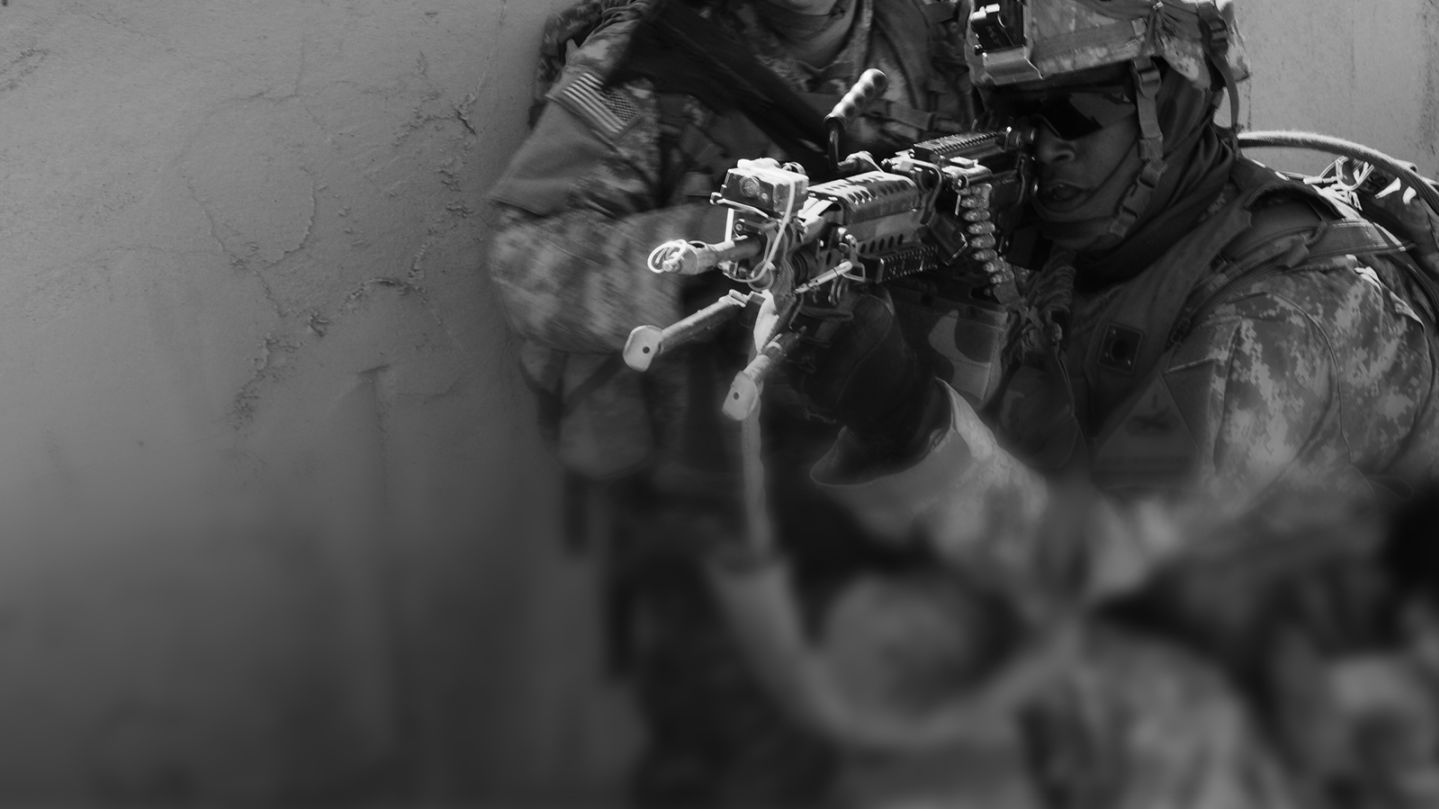The US military responded this week to what it calls Russia’s “unlawful and destabilizing actions” in Ukraine and elsewhere by pushing back against Moscow on the seas and in the air.
In the second US military operation in as many days, a US Air Force OC-135 observation aircraft conducted an “extraordinary flight” Thursday under the Open Skies Treaty “to reaffirm US commitment to Ukraine,” the Pentagon said.
The flight came the day after the US Navy had sailed the guided missile destroyer USS McCampbell near the Peter the Great Bay in the Sea of Japan, a move that irked Russia, which maintains a territorial claim on the disputed waters that is not acknowledged by the US.
‘A pattern’
Also on Wednesday, CNN reported that the US has begun making the necessary preparations to sail a warship into the Black Sea as a possible response to Russia’s seizure of Ukrainian ships and sailors following a clash in the Kerch Strait.
The Pentagon is “signaling a counter to the latest series of Russian actions and provocations that ramped up tensions in the region yet again,” Peter Singer, a strategist and senior fellow at the think tank New America, told CNN.
“Russia’s unprovoked attack on Ukrainian naval vessels in the Black Sea near the Kerch Strait is a dangerous escalation in a pattern of increasingly provocative and threatening activity,” Pentagon spokesperson Eric Pahon told CNN on Thursday.
“The United States seeks a better relationship with Russia, but this cannot happen while its unlawful and destabilizing actions continue in Ukraine and elsewhere,” he said.
The military’s robust response to Russia in recent days underscores the silence from President Donald Trump when it comes to criticizing Russian aggression, Singer noted, pointing to the clash in the Kerch Strait as a recent example.
“What is fascinating is the utter disconnect between what the Pentagon is trying to communicate to Russia and the silence of the President,” he said.
But while Trump has appeared reluctant to initiate the full range of sanctions and diplomatic options at his disposal to counter Russia, the administration may be using the military as a way to apply pressure until officials determine they have struck the right balance, according to Boris Zilberman, a Russia expert at the Foundation for Defense of Democracies.
“The US Navy is right to conduct these freedom of navigation operations and should continue to do so,” Zilberman said.
Russia continues its push to militarize waters near the Sea of Japan and has been trying to project an increased role in the Pacific, according to Zilberman. He said the latest US operation in the Sea of Japan may indicate increasing US concern about Russia’s posturing in the Pacific.
Line in the sand
The Pentagon is likely trying to draw a line in the sand early on to prevent further escalation in the region, he said.
“Russia must know that the US will not allow them to militarize international waterways in key areas such as the Black Sea, the Sea of Japan or Okhotsk, or elsewhere,” Zilberman said. If not, he added, “it should be clear by now that when (Russian President Vladimir) Putin is not confronted, he will continue to act aggressively against the interests of the United States and our allies.”
A US Navy official told CNN that the USS McCampbell’s passage through the disputed waters was the first time the US has conducted a freedom of navigation operation in that area since 1987, when the Soviet Union was the government making those claims.
Amid the flurry of Russian and US activity, the President has been relatively quiet.
As world leaders denounced Russia’s aggression against Ukraine ahead of the G20 summit, Trump waited more than a day before offering a muted response, leaving the task of criticizing Moscow to the outgoing US ambassador to the UN.
When asked how he felt about the clash, Trump said, “Not good. Not happy about it at all.” He seemed reluctant to blame Russia, adding, “We do not like what’s happening either way. And hopefully it will get straightened out.”
Ultimately, however, Russia’s actions and its detention of Ukrainian sailors prompted Trump to cancel a planned meeting with Putin during the G20 summit.
“Based on the fact that the ships and sailors have not been returned to Ukraine from Russia, I have decided it would be best for all parties concerned to cancel my previously scheduled meeting in Argentina with President Vladimir Putin,” Trump tweeted from Air Force One en route to Argentina.
Secretary of State Mike Pompeo, speaking at a NATO conference in Brussels, Belgium, on Tuesday, said the alliance “will collectively develop a set of responses that demonstrate to Russians this behavior is unacceptable.”
Unlike Trump, Defense Secretary James Mattis has consistently made his views on Russia’s intentions known and has repeatedly warned that Putin aims to undermine NATO and the US itself.
He was also unequivocal in his response to Russia’s seizure of three Ukrainian vessels, calling it a “a flagrant violation of international law” and saying “it just shows that Russia cannot be counted on right now to keep its word.”






